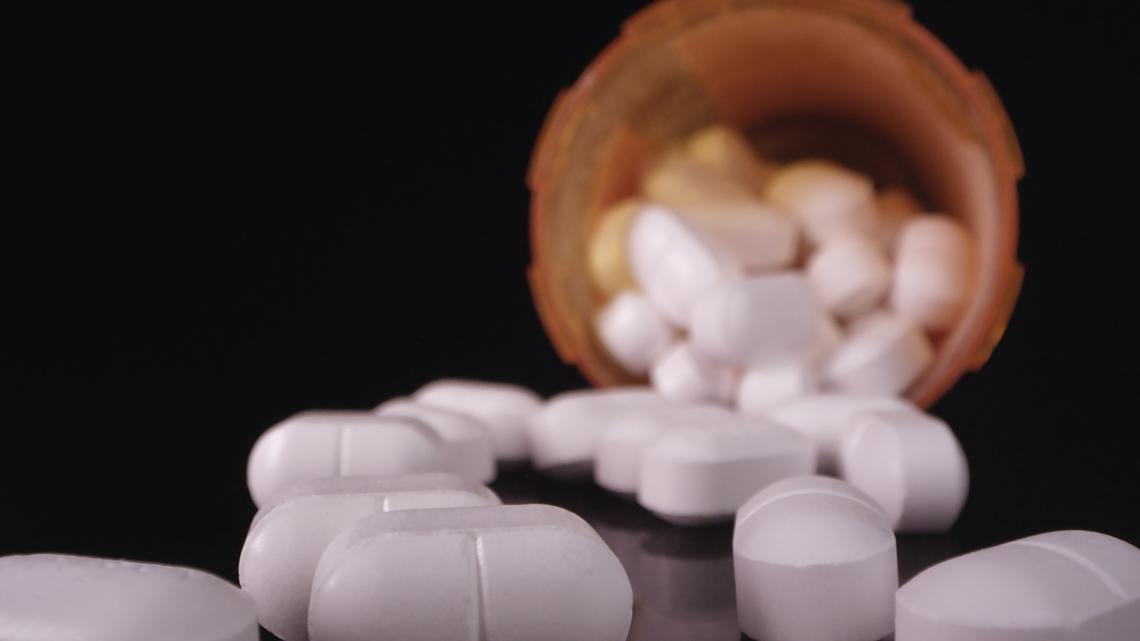
The number of overdoses and deaths from opioids has risen dramatically with alarming numbers since 2011.
SAN ANTONIO — The substance abuse crisis has exploded over the past two decades. The rising number of overdose deaths is a clear sign that we are not moving in the right direction.
The CDC first declared overdoses from prescription painkillers an “epidemic” in 2011. Since then, the number of overdoses and deaths from opioids has risen dramatically with alarming numbers.
Tricia Baker’s son Brian passed away seven years ago after a battle with addiction to painkillers that stemmed from having several surgeries following a football injury.
“He fought addiction for 15 years. He withdrew several times on his own, which made him very sick,” said Baker. “He did not know because he didn’t have any way to test it.”
EMT Myles Jorgensen says, while camping, one man told him that he had an opioid overdose.
“He hits the bump of ketamine and he says the next thing he remembers is everything going sideways,” Jorgensen explained. “He was on the ground, getting Narcan put in his nose.”
Junaid Mohiuddin, co-founder of fentanyl test kit manufacturer DEFENT, says between 60% and 80% of the illicit drug supply is tainted with some trace amount of fentanyl, which has the potential to kill people.
The State Health Access Data Assistance Center says between 2000 and 2021 in the U.S., the annual number of overdose deaths from all drugs rose from 17,500 to over 106,000. That is a jump of over 500%
Out of those 106,000, nearly 3/4 of those deaths, or 71,000, were from fentanyl and synthetic opioids alone. That’s where fentanyl detection devices like DEFENT come in.
“We make a small handheld device. It’s the size of a lipstick container that lets people test their powders and pills for the presence of fentanyl,” said Mohiuddin.
Baker urges parents to talk to their kids and have some kind of fentanyl testing device on hand if you think they may have a problem, just in case.
“I believe most parents know their children,” she said. “I think you should have open communication about it but it will not make them do drugs. If they did, at least they have that.”
